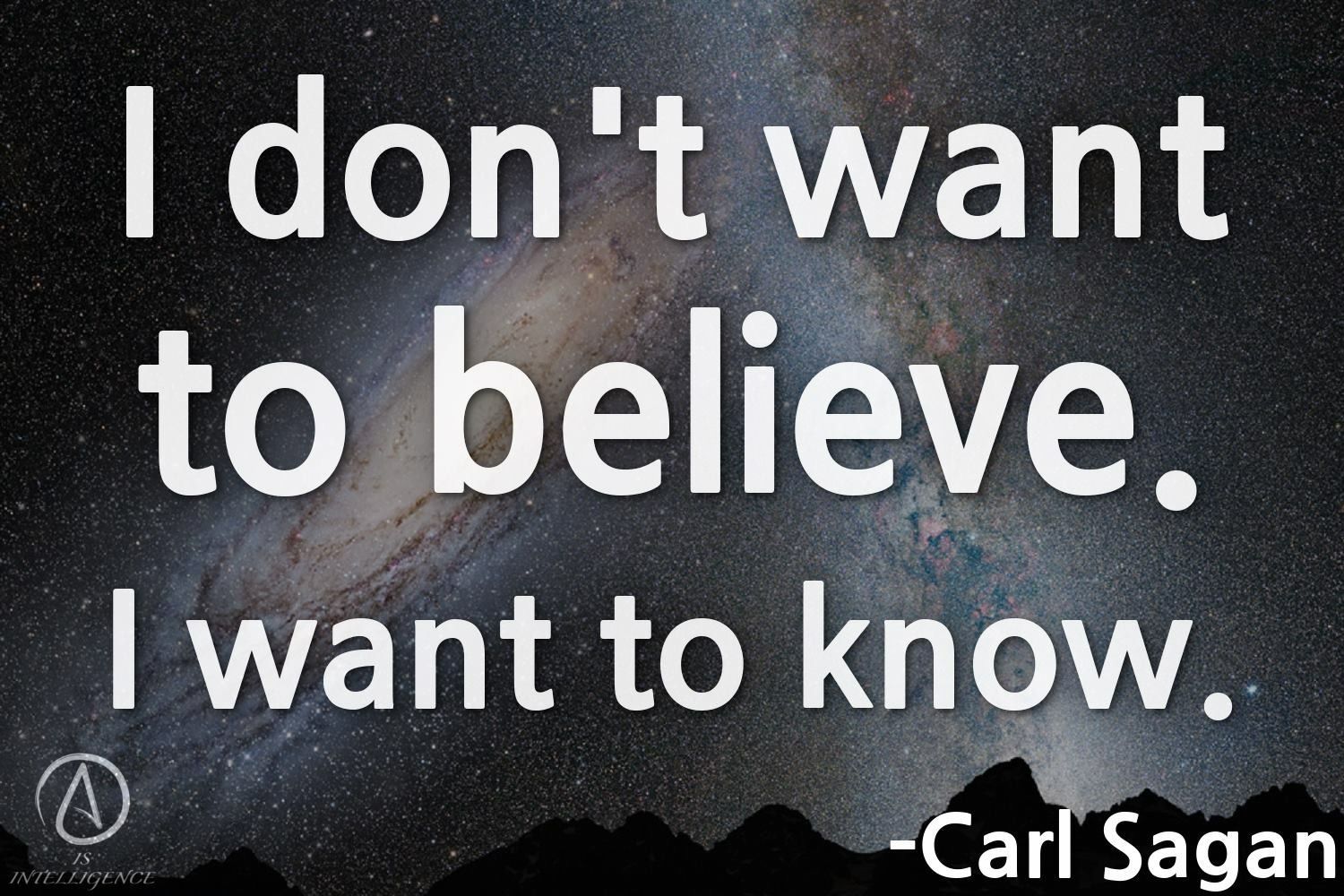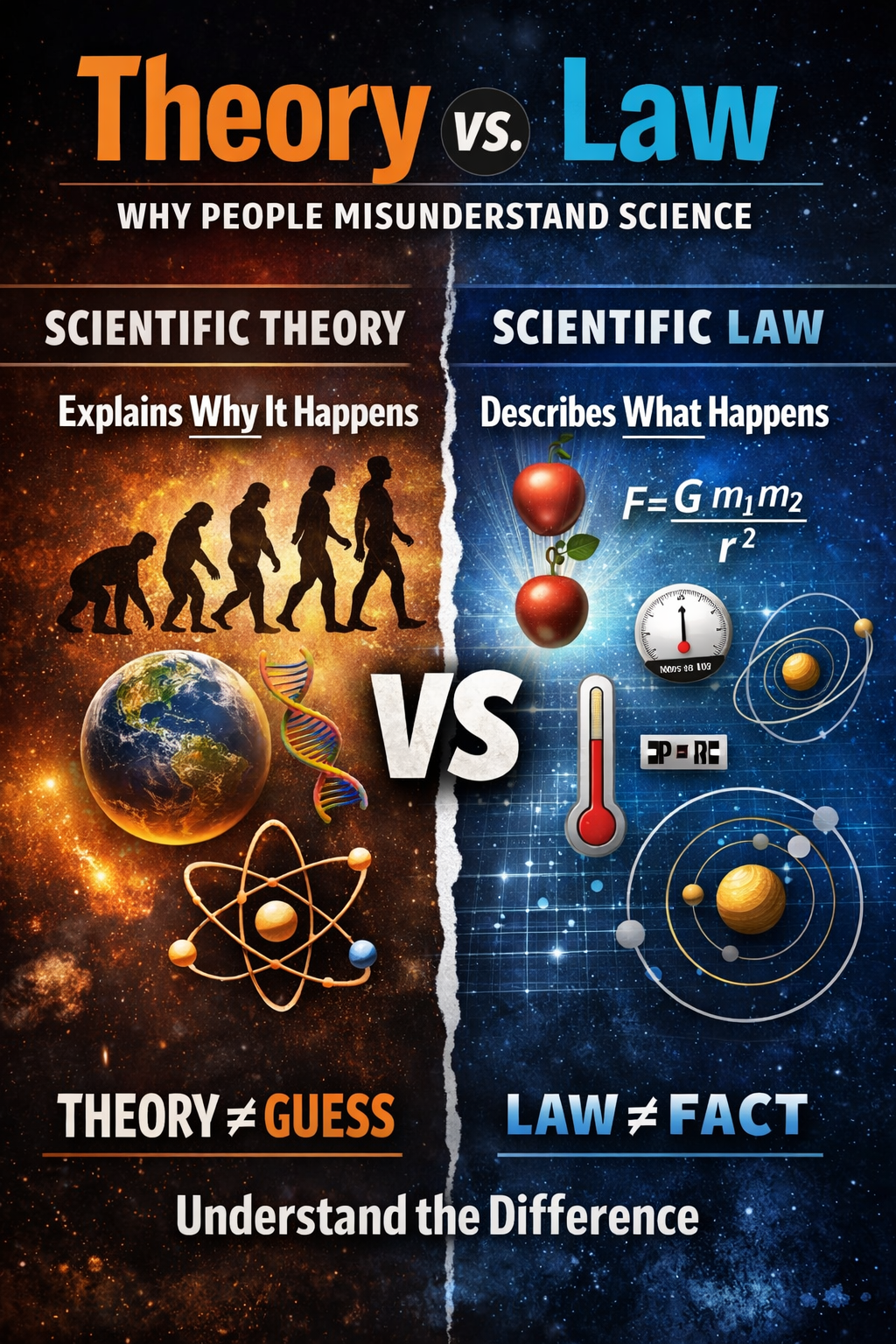Day 13 – The Trial of God: The Problem of Suffering
This is a subtitle for your new post

Introduction: The Question That Won’t Die
For thousands of years, human beings have been haunted by one question: If God is good, why does evil exist? It is the single most devastating challenge to faith. Philosophers call it the “problem of evil,” but ordinary people know it more simply: “Why do bad things happen to good people?” Every war, every famine, every child’s grave reopens the wound.
Theologians have dressed the question in polished terms — “theodicy” — but the ache underneath never goes away. And in today’s skeptical culture, the old answers ring hollow. Clichés like “God works in mysterious ways” don’t just fall flat; they sound like evasions. If God is all-powerful and all-loving, then why the Holocaust? Why slavery? Why cancer?
This question is not a side issue. It is the central challenge to belief in any benevolent deity.
The Ancient Roots of the Dilemma
The struggle with evil is not modern. The Book of Job, one of the oldest texts in the Hebrew Bible, is essentially one long meditation on innocent suffering. Job is blameless, yet he loses his children, his wealth, and his health. His so-called friends offer tidy religious explanations — “You must have sinned; God must be teaching you something.” Job refuses. He demands an answer from God Himself.
When the divine finally speaks, it is not to explain but to overwhelm: “Where were you when I laid the foundation of the earth?” (Job 38:4). Job bows, but the problem remains unsolved. The text sidesteps rather than resolves the tension.
The Greeks wrestled too. Epicurus famously framed the dilemma:
- If God is willing but not able to stop evil, He is weak.
- If He is able but not willing, He is malevolent.
- If He is both willing and able, why is there evil at all?
This trilemma has echoed through centuries, never fully answered.
Christian Attempts at Theodicy
Christian thinkers have spilled oceans of ink trying to reconcile God and evil. Augustine argued that evil is not a thing created by God but a privation — the absence of good, much like darkness is the absence of light. Clever, but not entirely satisfying. If God is omnipotent, why allow the privation in the first place?
Thomas Aquinas leaned on free will. God created humans with freedom, and evil is the misuse of that freedom. Without free will, love and obedience would be meaningless. But again — why couldn’t God create beings who always freely choose the good?
In the modern era, theologians tried new spins. C.S. Lewis argued suffering shapes us, like a sculptor chipping away stone to reveal a masterpiece. The problem? A child dying of leukemia isn’t being gently sculpted; they are being crushed.
Dostoevsky’s Rebellion: Ivan Karamazov
Few literary works capture the agony better than Dostoevsky’s The Brothers Karamazov. Ivan, the intellectual brother, confronts the pious Alyosha with a litany of horrors inflicted on innocent children. He does not argue God doesn’t exist. Instead, he rebels: “It’s not that I don’t accept God, Alyosha. I just most respectfully return Him the ticket.”
For Ivan, no future paradise can justify the tears of even one tortured child. The moral calculus simply doesn’t balance. This is not atheism but moral outrage.
It is a stance echoed by countless moderns: it is not just that the universe is cruel, but that any God presiding over it seems unworthy of worship.
Modern Skepticism: Dawkins, Hitchens, and the New Atheists
The problem of evil has fueled the modern atheist revival. Richard Dawkins, in The God Delusion, dismisses the biblical God as a “capriciously malevolent bully.” Christopher Hitchens sharpened the knife in God Is Not Great: religion, he argued, doesn’t solve suffering but multiplies it. Wars of religion, witch burnings, jihads, crusades — God is not the rescuer but the excuse.
These are not just intellectual arguments; they resonate emotionally. After all, one need not read Aquinas to look at Auschwitz and conclude: If God was watching, He did nothing.
The Philosophical Dead Ends
The classic theodicies, when stripped bare, often collapse into evasions:
- “It’s all part of God’s plan.” Translation: you don’t get to ask.
- “Free will explains it.” But what about earthquakes, diseases, natural disasters?
- “Suffering builds character.” Tell that to a six-month-old baby dying of SIDS.
At some point, the honest believer must admit: these are patches on a sinking ship. None fully resolve the tension. Which is why some theologians, like process philosophers, redefine God not as omnipotent but as a persuader working with creation rather than ruling over it. But this is not the God of orthodoxy — it is a diminished deity, stripped of power.
The Human Response: Redefining God or Walking Away
Faced with this impasse, people take two main routes:
- Redefine God — as a cosmic mystery, a non-interventionist spirit, or a powerless co-sufferer. Thinkers like Jürgen Moltmann speak of the “Crucified God,” one who suffers alongside humanity. It is moving but still dodges the omnipotence problem.
- Walk away — many moderns, especially in the West, simply stop believing. If God cannot be reconciled with reality, then faith becomes a relic.
The rise of the “nones” — those with no religious affiliation — reflects this. For them, theodicy is not an intellectual puzzle but a lived contradiction they refuse to ignore.
Why This Matters Today
The problem of evil isn’t just a seminary debate. It’s existential. Every natural disaster, every school shooting, every war revives it. Politicians invoke God; victims ask where He was.
And for believers, it cuts deep. To admit that God allows evil without explanation is to admit that divine goodness is at best mysterious, at worst suspect. To live with this tension requires either profound faith — or profound denial.
Conclusion: The Question That Outlives the Answers
Evil remains the undefeated argument. Religion survives not because it solves the problem but because humans crave meaning even in the absence of resolution. Some choose faith despite the contradiction. Others choose honesty and unbelief. Both are understandable, because the question has never been settled.
Perhaps Dostoevsky was right: the price of existence may be too high. Or perhaps faith is, as Kierkegaard suggested, a leap precisely because reason falters.
Either way, theodicy stands as the one courtroom where God Himself remains on trial — and the jury is still out.
Why This Matters
Every person, believer or skeptic, confronts suffering. How one explains — or fails to explain — evil shapes their worldview. If faith requires swallowing contradictions, some will choose silence instead. If unbelief leaves the world cold and indifferent, some will still cling to mystery.
Theodicy is not abstract theology. It is the mirror of our own struggle to make sense of life in the face of death.
References
- Augustine. Confessions. (Penguin, 2003).
- Aquinas, Thomas. Summa Theologica. (Benziger, 1947).
- Dostoevsky, Fyodor. The Brothers Karamazov. (Everyman, 1992).
- Dawkins, Richard. The God Delusion. (Houghton Mifflin, 2006).
- Hitchens, Christopher. God Is Not Great. (Twelve, 2007).
- Lewis, C.S. The Problem of Pain. (HarperOne, 2009).
- Moltmann, Jürgen. The Crucified God. (Fortress Press, 1993).
Disclaimer:
The views expressed in this post are opinions of the author for educational and commentary purposes only. They are not statements of fact about any individual or organization, and should not be construed as legal, medical, or financial advice. References to public figures and institutions are based on publicly available sources cited in the article. Any resemblance beyond these references is coincidental.











